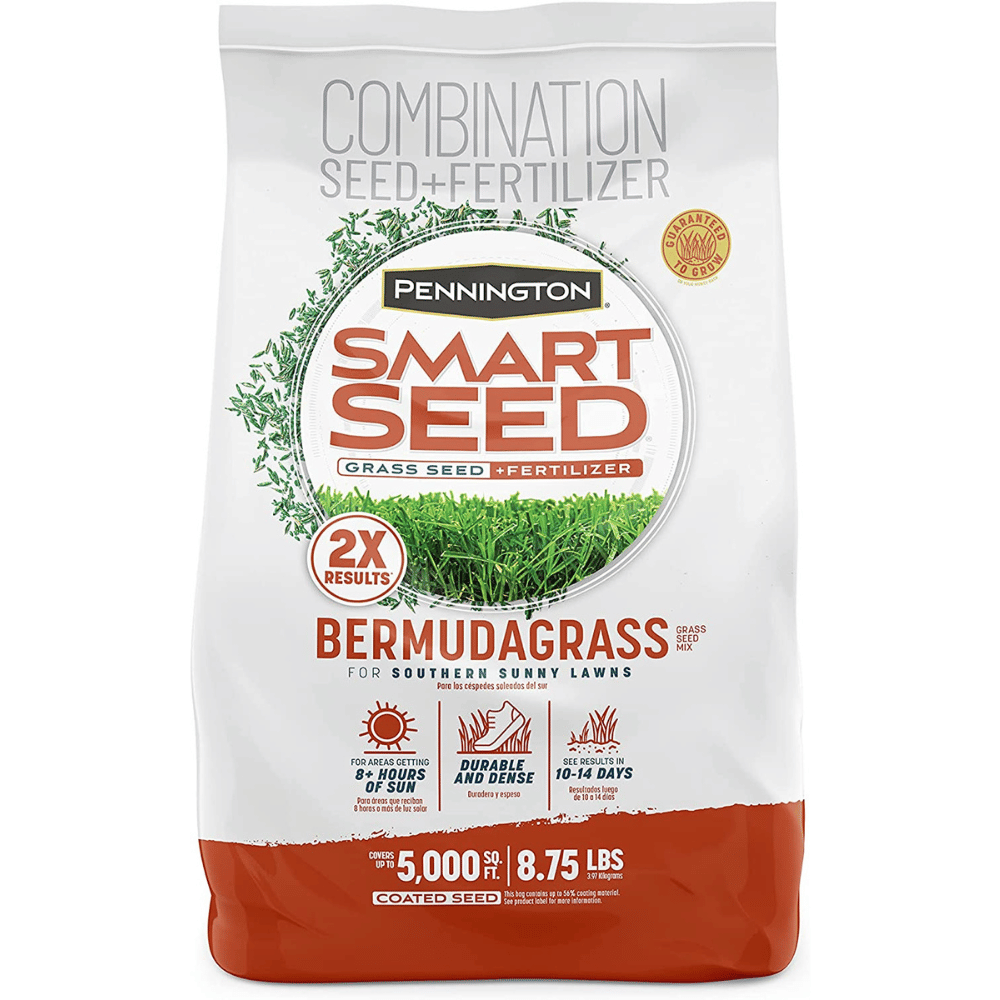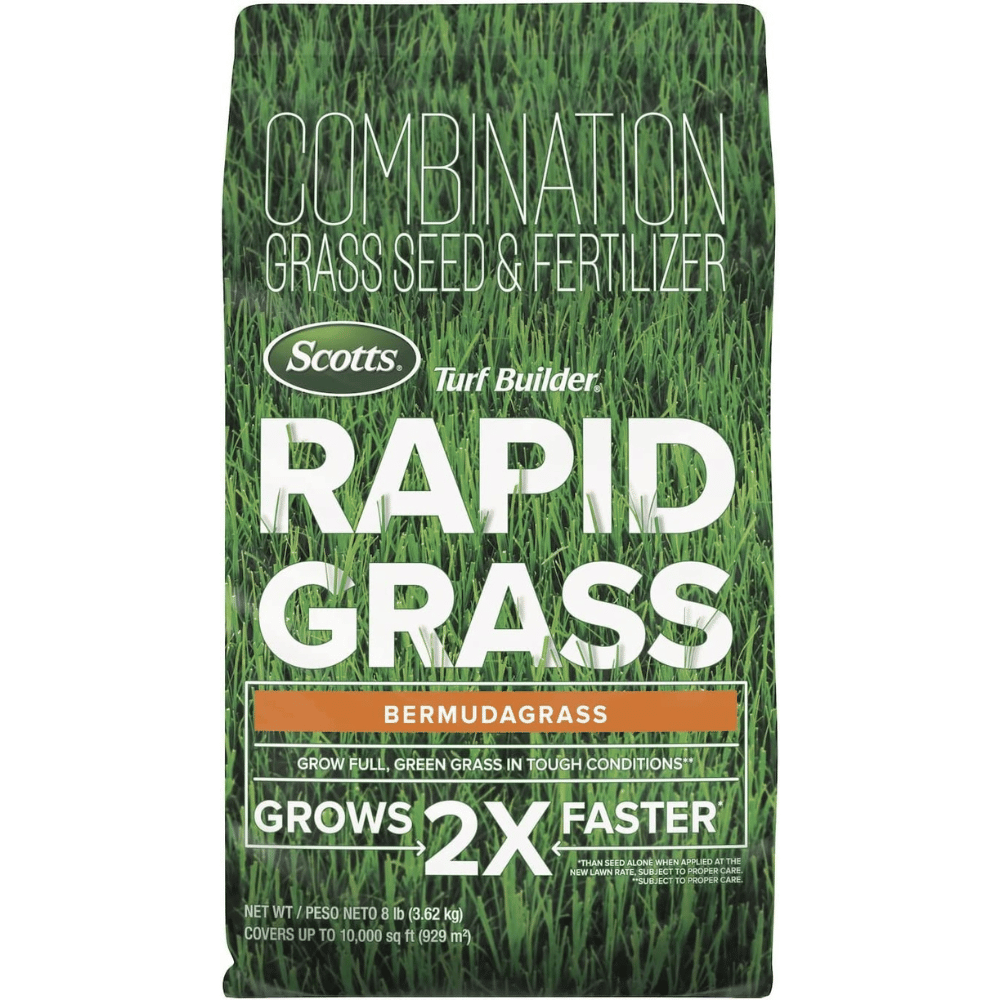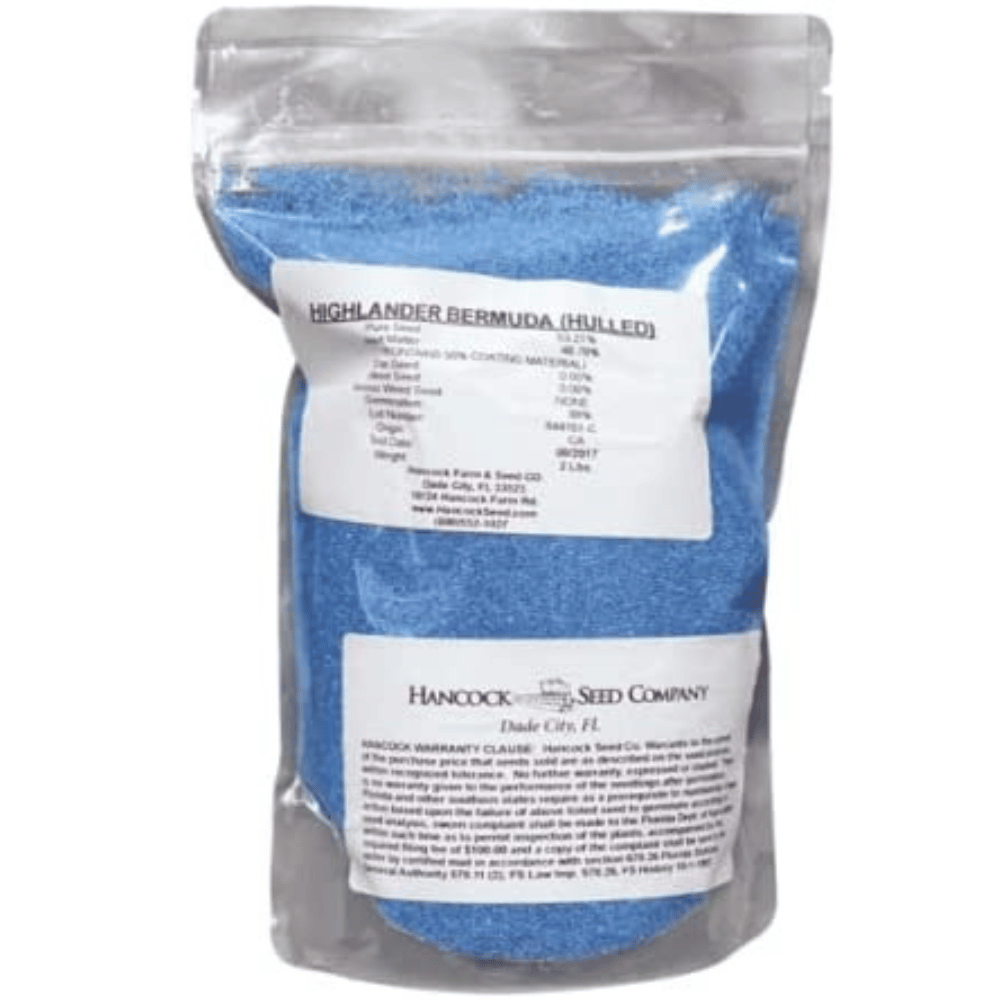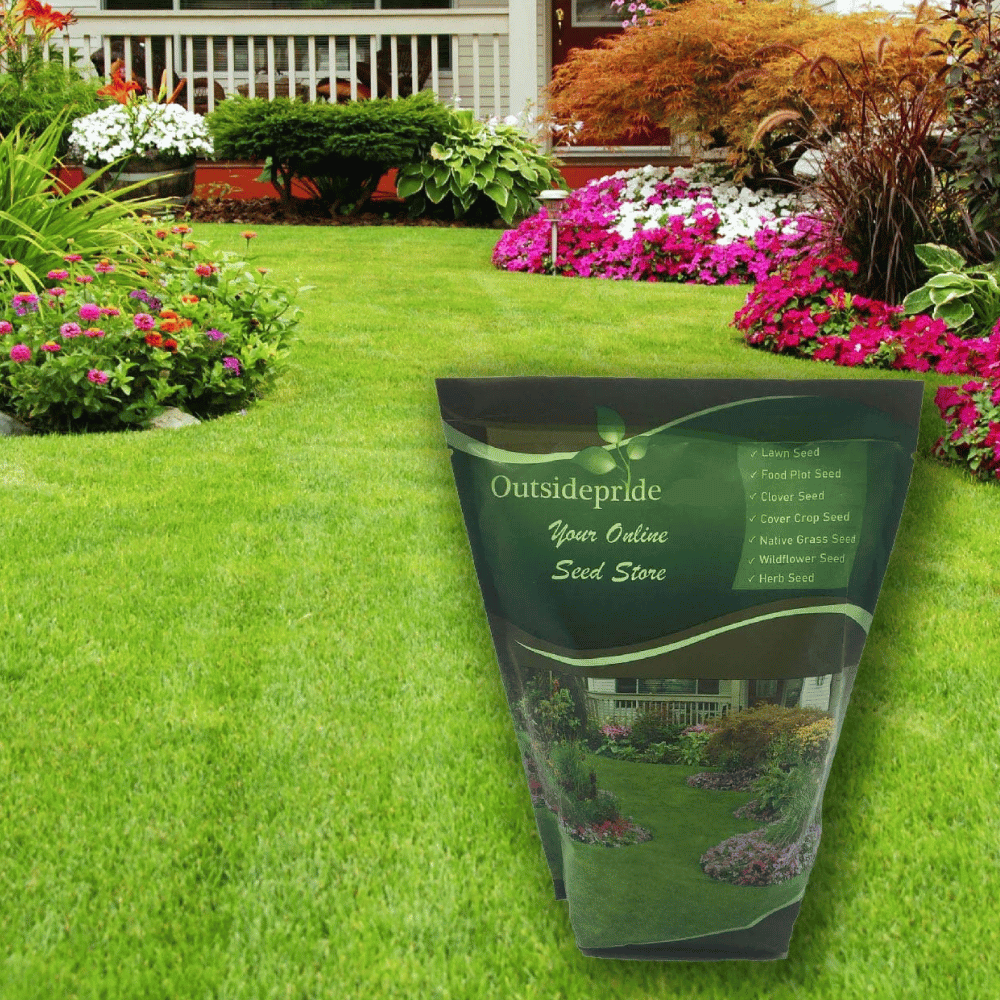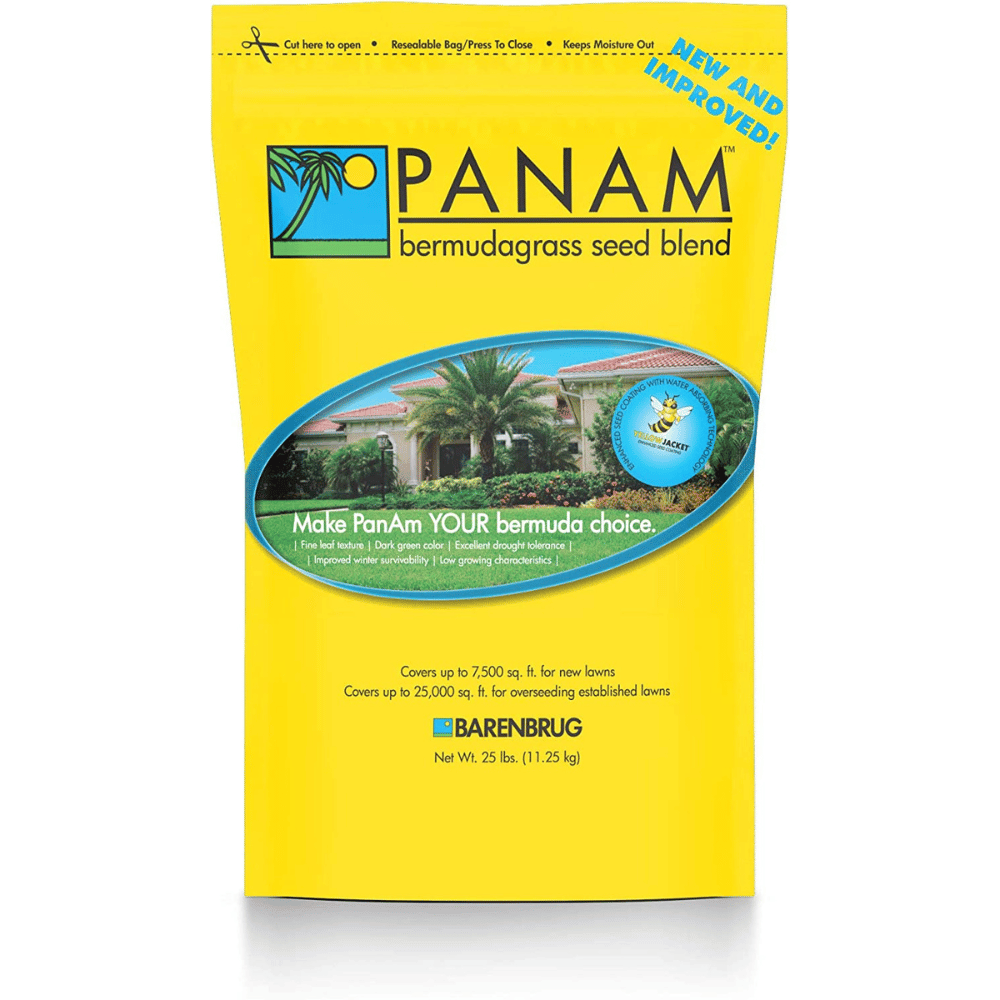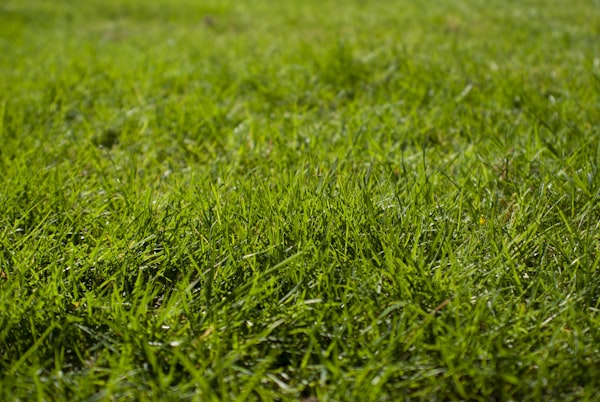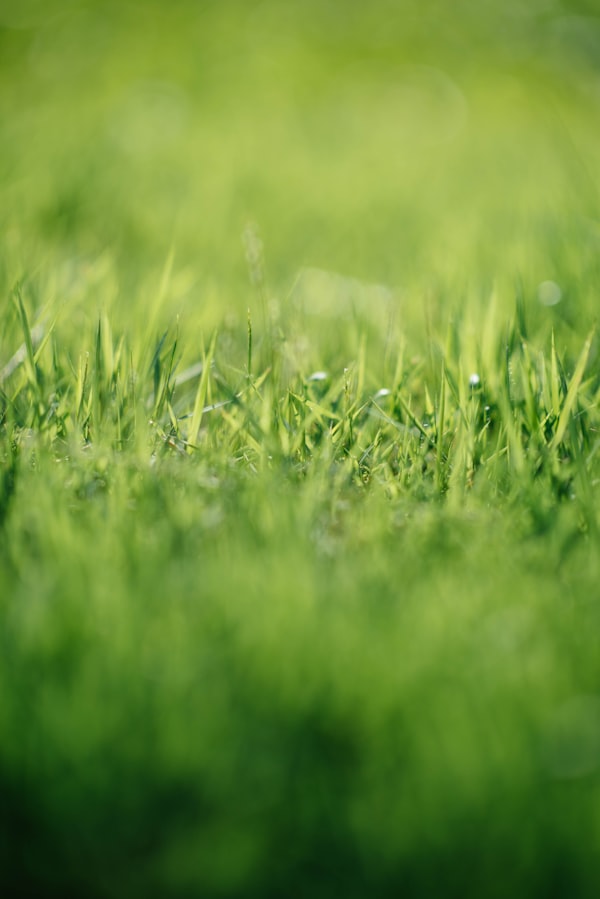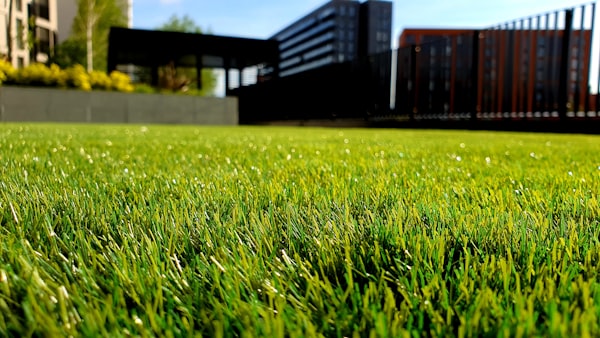Having the best lawn can make all the difference to your garden. But how do you achieve it? The secret lies in finding the best bermuda grass seed for your project. Knowing which type of seed is best suited for your climate and soil conditions is key to having a lush, healthy lawn. There are many different types of bermuda grass seeds available on the market, so it can be difficult to figure out which one is right for you.
Bermuda grass is one incredibly tough and disease-resistant grass that has its origins in the United States via Bermuda. This grass is beloved for its vibrant, green color and its ability to withstand harsh temperatures. It is a warm-season grass perennial species that is best adapted to tropical and subtropical climates. Bermuda grass is known for golf courses, athletes fields, and even home gardens. When planting bermuda turf grass seed, the ideal soil temperature should be between 65°F and 70°F for optimal germination. There are many bermuda grass types available, each offering its own unique benefits. In this blog, we will explore the top 5 varieties of bermuda grass seed available in order to help you find the perfect type of bermuda grass for your needs.
How We Choose the Best
Selecting the finest bermuda grass seed can be a formidable challenge. With various factors such as weather, soil, upkeep and expense to think about, it can be difficult to pick the most suitable for your lawn. We have taken all these elements into account, so we can aid you in making an educated decision when opting for the perfect bermuda grass seed for your turf.
See our picks for the best fertilizer for bermuda grass to use on your lawn.
Pennington Smart Seed Bermuda grass Mix
Why We Love It
Pennington Smart Seed Bermuda grass Mix is a great choice for those looking to quickly repair bare spots and thin or pet-damaged lawns in just three weeks or less. This Bermuda grass seed blend is specially formulated to provide strong coverage and fast establishment. It also contains just the right amount of fertilizer to help your lawn succeed. This blend is ideal for southern lawns that bask in full sun for eight or more hours each day, as it offers exceptional heat, drought and traffic tolerance. With Pennington Smart Seed Bermuda grass Mix, you can enjoy the perfect combination of beauty and durability for your lawn. This is one of the best bermuda grasses available when compared to other bermuda grass brands.
Scotts Turf Builder Rapid Grass Bermuda grass
Why We Love It
Scotts Turf Builder Rapid Grass Bermuda grass is the perfect solution for homeowners looking to give their lawns a boost. This unique, proprietary blend of seed and fertilizer encourages rapid bermuda grass growth, and the added fertilizer kicks up the speed of growth once the grass seed germinates. This seed has a Scotts 4-in-1 Water Smart Plus coating that protects against diseases and keeps seed moist, resulting in a new lawn in just weeks. For those looking for an easy-to-use solution for a lush and vibrant lawn, Scotts Turf Builder Rapid Grass Bermuda turf grass seed is an ideal choice.
Hancock Seed Co. Highlander Turf Bermuda Grass Seeds
Why We Love It
Hancock Seed Co. Highlander Turf Bermuda Grass Seeds offer a great option for those looking to create a lush, turf-like lawn. Hancock's common bermuda grass seed is a hybrid bermuda grass variety produced by the inter-crossing of five parental plants that were selected in 1990 from a cold hardy study, making it better equipped to handle cold temperatures compared to other common bermuda varieties. As such, it is the perfect choice for golf courses, athletic fields, and residential lawns. It is also easy to use – simply spread the seed over your lawn and water regularly. With proper care and maintenance, you can expect your lawn to be thick, lush, and green in no time. This is a high-quality grass that allows for greener grass and a beautiful yard.
Outsidepride Oasis Warm Season, Fast Growing Bermuda Lawn
Why We Love It
Outsidepride Oasis Warm Season, Fast Growing Bermuda Lawn is a high quality bermuda grass that is a great option for those looking to quickly grow a lush, dark green lawn. This top notch bermuda seed is a blend of improved turf type warm-season bermuda grasses, selected for increased turf quality. It is best in full sun in USDA zones 8 - 10 and has been shown to exceed common bermuda grass by over 20% in public and private trials.
Barenbrug PanAm Bermuda grass with Yellow Jacket Coating
Why We Love It
Barenbrug PanAm Bermuda grass with Yellow Jacket Coating is an ideal choice for warm and humid climates. It is enhanced with Barenbrug's exclusive Yellow Jacket coating process which holds moisture for a more uniform, successful germination. This bright green bermuda grass seed mixture offers outstanding overall turf performance and fast 'SuperCharged' germination. Additionally, it is easy to handle when seeded. With this grass seed mix, you can be sure of achieving a lush lawn in a short time.
Best bermuda grass seed FAQs
Bermuda grass seed is an excellent choice for a variety of lawns, from full-sun to partial shade. When considering bermuda grass, it's important to ask some questions to make sure you're getting the best seed for your lawn. Here are some of the most common FAQs related to bermuda grass.
What type of soil and climate does it need?
Bermuda grass seed requires a very specific type of soil and climate to grow and thrive. The soil should be well-draining, fertile and rich in calcium. It also needs to be kept moist but not waterlogged, as this will cause the roots to rot. The optimal pH level for bermuda grass seed is between 5.5 and 6.5. Climate-wise, bermuda grass grows in warm temperatures between 70-85°F with plenty of sunlight; it usually does not do well in areas that experience cold winters or extended periods of drought. It is also quite drought tolerant once established, so even though it prefers moist conditions, it can handle dry spells without dying off completely. To ensure your bermuda grass lawn seed has the best chance at thriving, make sure you have the right soil and climate before you start planting!
What height should I mow my bermuda grass at?
When it comes to deciding what height you should mow your bermuda grass at, it is important to consider a few factors. Firstly, the type of bermuda grass seed you are using will play a major role in determining the optimal mowing height. Different types bermuda grass varieties require different cutting heights - some may need to be cut lower than others, so it's important to research the specific requirements for your particular type of bermuda grass seed. Furthermore, the climate and soil conditions in your area should also be taken into consideration when determining the best height for mowing your grass. If you live in a warmer climate with sandy soil, then you may want to keep your bermuda grass slightly shorter than if you live in a cooler climate with more clay-like soil. Finally, if you want your lawn to look its best all year round, then it is recommended that you mow it at least once every two weeks and keep it at a regular height throughout the year.
How much bermuda grass seed do I need for 10,000 square feet?
When it comes to seeding a lawn of 10,000 square feet, you need to consider how much Bermuda grass seed is required. Generally, you will need approximately 25-50 pounds of seed to use for this area size. It is best to use a quality seed blend that contains several types of grasses as this will give you the best overall coverage. To ensure success, prepare the soil before planting by removing weeds and debris and loosening the surface with a rake or tiller. After spreading out the seed over the entire area, lightly rake it into the soil and water deeply once per day for two weeks until germination occurs. Additionally, apply a light layer of mulch over the seeds to protect them from birds and other animals. With proper care and maintenance, your lawn should be covered in beautiful bermuda grass in no time!
Is bermuda grass drought resistance?
Bermuda grass is a highly drought-resistant grass species. It's native to hot, arid regions and bermuda grass can survive long periods of drought with minimal damage. Bermuda grass has an extensive root system that helps it to survive during dry spells. Its ability to spread quickly also helps it recover from drought stress by quickly growing back the damaged areas. In addition, Bermuda grass is able to store water in its deep root system and draw on this reserve during periods of drought. Bermuda grass can tolerate heat and drought make it a great choice for lawns in hotter climates as well as areas prone to extended dry spells.
How often should I overseed my bermuda grass lawn?
Overseeding your bermuda grass lawn should be done regularly in order to keep it healthy and looking great. It is recommended to overseed your lawn at least once a year, and ideally twice a year. The best times to overseed are in the spring and fall as these are the most optimal growing times for bermuda grass. Before you begin, it is important to test your soil for pH levels so that you can make sure you’re using the correct overseeding method for your specific soil type. Once you know what type of seed works best for your soil, you can spread it evenly over the entire lawn. Make sure that the seed is completely covered with a thin layer of topsoil or compost after spreading it out. After seeding, keep the area moist with regular watering, and then mow regularly once the new grass has grown in. With proper care and maintenance, your bermuda grass lawn will stay healthy and look beautiful all year long!
How often should I fertilize and water my bermuda grass?
Bermuda grass is a hardy grass that is drought-resistant and requires very little lawn care maintenance. However, it does need occasional fertilizing and watering to remain healthy and vibrant. Generally, the best time to fertilize is during the active growing season from late spring to early fall. You will want to fertilize every four to six weeks. During this time you should also water your bermuda grass lawn about an inch per week or when the soil feels dry about two inches down. In the winter months, you can reduce fertilizer and waterings as your bermuda grass will go dormant in cooler temperatures. If you follow these guidelines for fertilizing and watering your bermuda grass, your lawn will be lush and healthy throughout the seasons!
Is there any maintenance required after seeding bermuda grass?
Yes, there is maintenance required after planting bermuda grass. It is important to keep the soil moist and aerated in order for the seedlings to survive and thrive. You will also need to fertilize your bermuda grass regularly with a high-phosphorous fertilizer to ensure that it grows strong and healthy. Additionally, it is important to remove weeds that may compete with the bermuda grass for nutrients or light. You should also mow the turf regularly, as this will help promote thicker, healthier growth. Finally, you should inspect the seedlings frequently so you can catch any issues early on and take steps to address them promptly. With proper maintenance, your bermuda grass should be lush and green in no time!
Conclusion
In conclusion, when it comes to the best bermuda grass seed for your home lawn, there is a lot of grass varieties to choose from. Scotts Turf Builder Bermuda grass, Pennington Smart Seed Bermuda grass Mix, Scotts Turf Builder Rapid Grass Bermuda grass, Hancock Seed Co. Highlander Turf Bermuda Grass Seeds, Outsidepride Oasis Warm Season, Fast Growing Bermuda Lawn and Barenbrug PanAm Bermuda grass with Yellow Jacket Coating are all great options that offer different benefits and features. Therefore, it is important to do your research and choose the option that best fits your needs and preferences.


